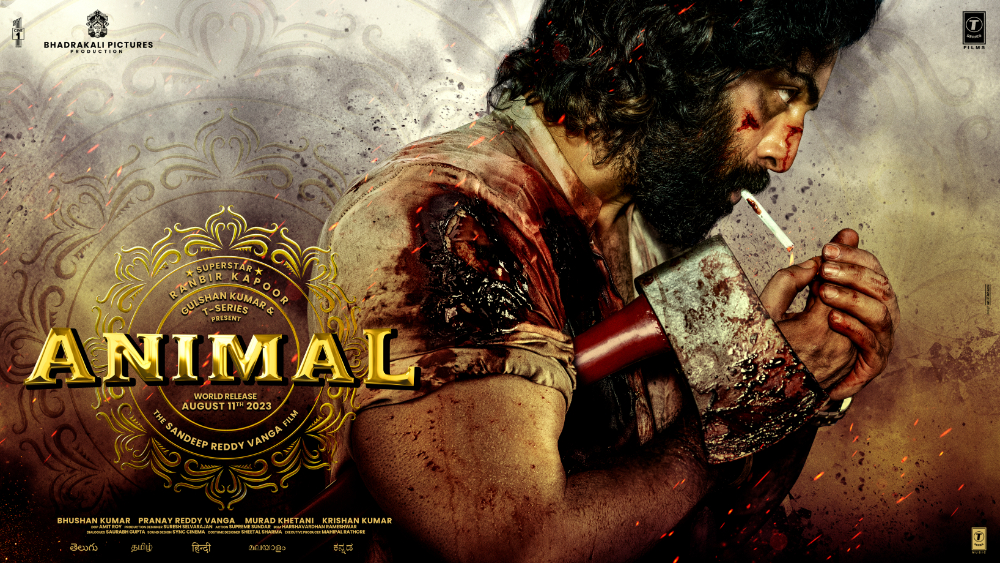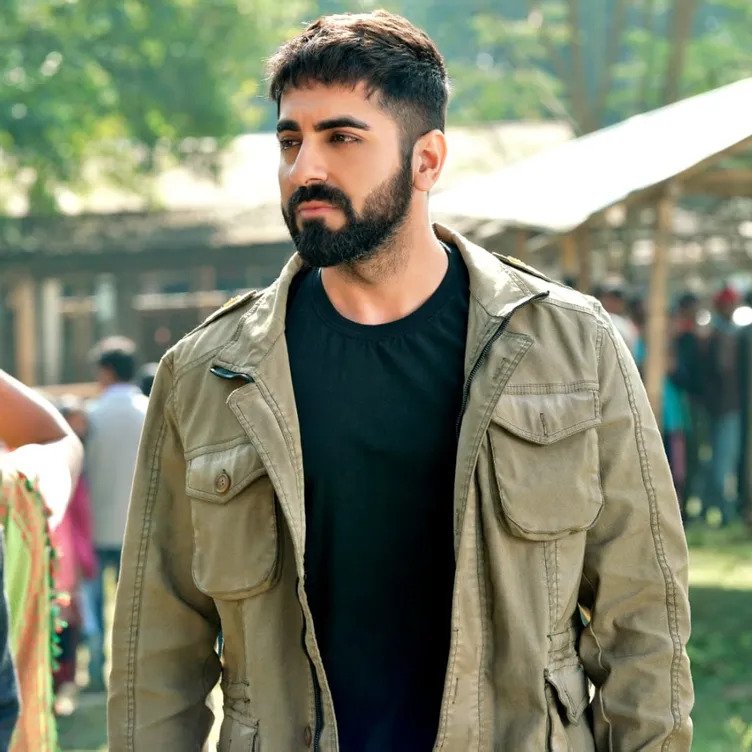Anand Gandhi’s lyrical, pensive and philosophical debut film was the toast of the Mumbai Film Festival in 2012. Its release comes on the back of inflated expectations, which require managing. My first surprise was the running time of close to 140 minutes – long for a film of this kind, with this subject. But the director has adopted a narrative style that demands patience and submission.

Beautiful is one of the first words that come to mind after watching Ship of Theseus. You find yourself absorbed by the idea Gandhi has chosen to explore, you are enraptured by the performances, but you are left somewhat untouched emotionally.
Episodic in style, this triptych ties in at the end as the film explores the idea of the Theseus paradox (is a ship that has been restored by replacing all its parts still the same ship?) through its three protagonists. In the first chapter we see a blind photographer (Egyptian actress Aida Elkashef) with angst about her art especially after she has an eye transplant; in the second, a principled monk (brilliantly performed by Neeraj Kabi) fighting animal testing by large pharma has to make a tough choice between life and death when he falls ill; in the third, a young stock broker (Sohum Shah) with a kidney transplant learns compassion the hard way – by following the trail in illegal organ trade.
From the beginning the film feels heavy, a few lights moments creeping into the last story – in the banter between the stockbroker and his buddy. There are several moments when you find yourself fidgeting in the seat.
Technically, the quality of the image is inconsistent and the editing is indulgent, leaving some scenes running too long. To some extent, you are willing to overlook these in favour of the natural and riveting performances.
Original, poetic, superbly cast and assuredly directed, as a writer Gandhi is in no hurry to resolve the three stories. Even while he examines personal contradictions and dilemmas, he also addresses societal issues, but never from a moralistic high ground. I am curious to see how he tackles a horror film next.
Rating: ***1/2





